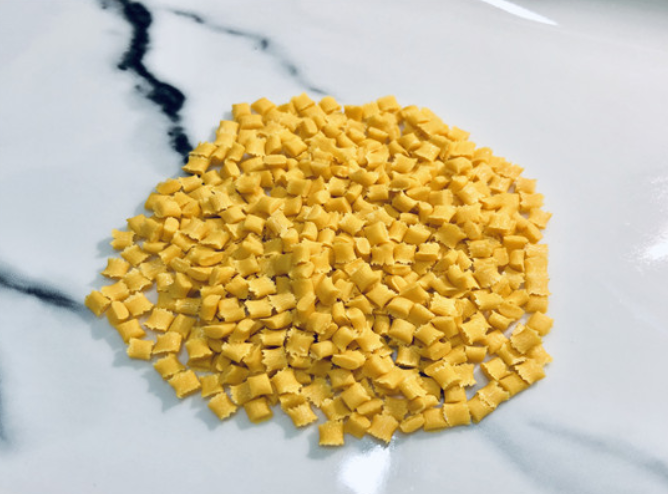©Copyright 2019 SIKO POLYMERS (SUZHOU) CO., LTD All rights reserved.Site Map Powered by iwonder.cn
- Email Uskevin@sikopolymers.com


Engineering plastics can be used as engineering materials and plastics that replace metal manufacturing machine parts. Engineering plastics have excellent comprehensive properties, large rigidity, small creep, high mechanical strength, good heat resistance, and good electrical insulation. They can be used for a long time in harsh chemical and physical environments and can replace metals as engineering structural materials.
Compared with general-purpose plastics, engineering plastics can meet higher requirements in terms of mechanical properties, durability, corrosion resistance, and heat resistance, and are more convenient to process and can replace metal materials.
Engineering plastics are widely used in electrical and electronic, automotive, construction, office equipment, machinery, aerospace and other industries. Substituting plastic for steel and plastic for wood has become an international trend.
Engineering plastics has become the fastest growing field in the world's plastics industry. Its development not only supports the country's pillar industries and modern high-tech industries, but also promotes the transformation of traditional industries and the adjustment of product structure.

The application of engineering plastics in automobiles is increasing. They are mainly used as bumpers, fuel tanks, instrument panels, body panels, doors, lamp covers, fuel pipes, radiators, and engine-related parts.
In machinery, engineering plastics can be used for mechanical parts such as bearings, gears, screw nuts, seals, and mechanical structural parts such as housings, covers, handwheels, handles, fasteners and pipe joints.
In electronic appliances, engineering plastics can be used for insulating materials such as wire and cable coating, printed circuit boards, insulating films, and structural parts of electrical equipment.
In household appliances, engineering plastics can be used in refrigerators, washing machines, air conditioners, televisions, electric fans, vacuum cleaners, electric irons, microwave ovens, rice cookers, radios, sound systems and lighting appliances.
In the chemical industry, engineering plastics can be used in chemical equipment such as heat exchangers, chemical equipment linings, and pipes and pipe fittings, valves, pumps and other chemical pipelines.
Due to the rapid development of my country's automobile, electronics and construction industries, my country has become the country with the fastest growing demand for engineering plastics in the world.
According to analysis, with the continuous development of the domestic economy, the demand for engineering plastics will further increase, and the development prospects of my country's engineering plastics industry are very broad.

In the household appliance industry, the annual demand for engineering plastics for refrigerators, freezers, washing machines, air conditioners and various small household appliances will reach about 600,000 tons. The amount of engineering plastics used in the construction of communication infrastructure and railways and highways is even more alarming. It is estimated that the total demand will reach more than 4.5 million tons in the next few years.
Material plastic PA66 is the largest, most diverse and most versatile variety among the five major engineering plastics, as well as a translucent or opaque cryosin polymer.
PA66 function
It has excellent mechanical properties, high strength, high toughness, high water absorption, and therefore poor dimensional stability.
The material has excellent coloring ability and can meet the requirements of various color matching
PA66 is resistant to many solvents, but it is less resistant to acids and other chlorinating agents.
The excellent flame retardant properties of PA66 can achieve different levels of flame retardant effects by adding different flame retardants.
The above is an introduction to the related applications of engineering plastics. If you have any questions, please contact us. If you want to order engineering plastics, you can also contact us.